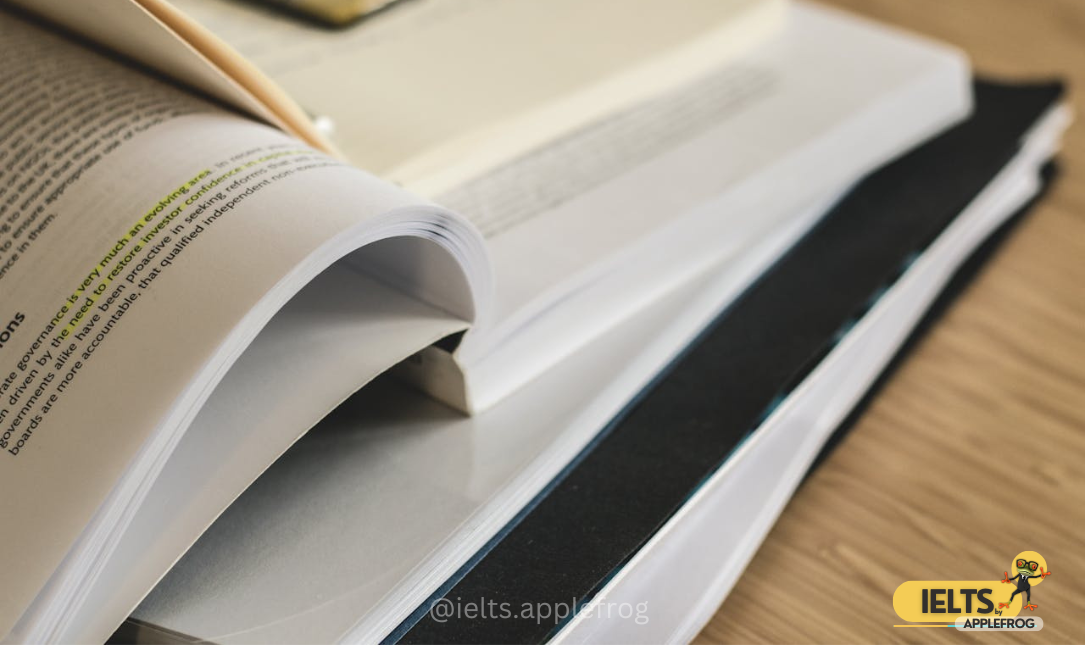
Compound Adjectives
Compound adjectives are formed by combining two or more words to create a single adjective that describes or modifies a noun. These adjectives are often hyphenated or written as one word, helping to express specific characteristics or qualities.
Points About Compound Adjectives:
-
Formation: Compound adjectives are created by combining two or more words, often with a hyphen (-) or as a single word.
Examples:
- “well-dressed” (from “well” + “dressed”)
- “high-tech” (from “high” + “tech”)
- “old-fashioned” (from “old” + “fashioned”)
-
Descriptive Function: Compound adjectives are used to describe or modify a noun by expressing a specific characteristic or quality.
Examples:
- “a well-organized event”
- “a fast-moving car”
- “a three-legged dog”
-
Hyphenation: Some compound adjectives require a hyphen to join the words together. This helps clarify their combined meaning.
Examples:
- “state-of-the-art” (from “state” + “of” + “the” + “art”)
- “long-lasting” (from “long” + “lasting”)
- “well-known” (from “well” + “known”)
-
Single Word: In other cases, the words in a compound adjective are combined into a single word without a hyphen.
Examples:
- “lifetime” (from “life” + “time”)
- “sunlight” (from “sun” + “light”)
- “toothpaste” (from “tooth” + “paste”)
-
Noun + Participle: Compound adjectives can also be formed by combining a noun with a present or past participle.
Examples:
- “time-consuming” (from “time” + “consuming”)
- “money-saving” (from “money” + “saving”)
- “heart-breaking” (from “heart” + “breaking”)
-
Adjective + Noun: Another way to form compound adjectives is by combining an adjective with a noun.
Examples:
- “red-haired” (from “red” + “haired”)
- “open-minded” (from “open” + “minded”)
- “warm-hearted” (from “warm” + “hearted”)
-
Agreement: Compound adjectives are generally treated as a single unit and agree in number with the noun they modify.
Examples:
- “a two-minute break”
- “three-month contract”
Compound adjectives allow us to convey more specific details, helping to make our writing clearer and more engaging
Compound adjectives help to create more precise and detailed descriptions by combining multiple words. They offer a more nuanced way to convey characteristics or qualities that might not be captured by a single adjective. By using compound adjectives effectively, you can enrich your writing and provide clearer descriptions.
RELATED POST












 Here can be your custom HTML or Shortcode
Here can be your custom HTML or Shortcode
0 Comments